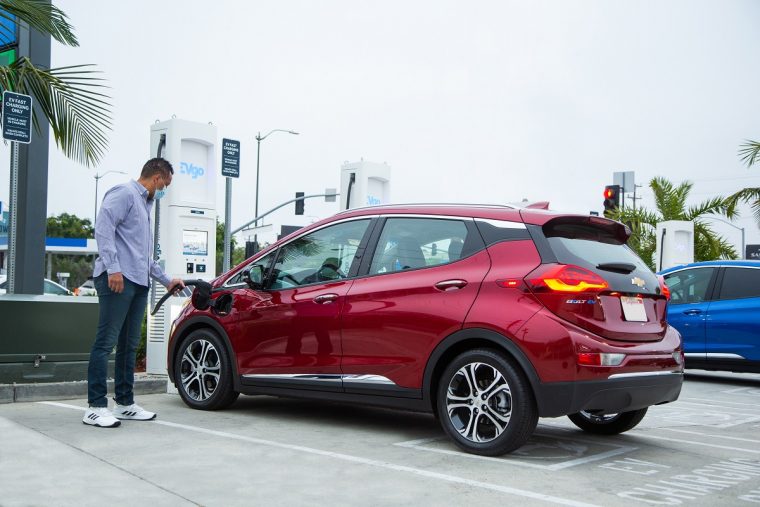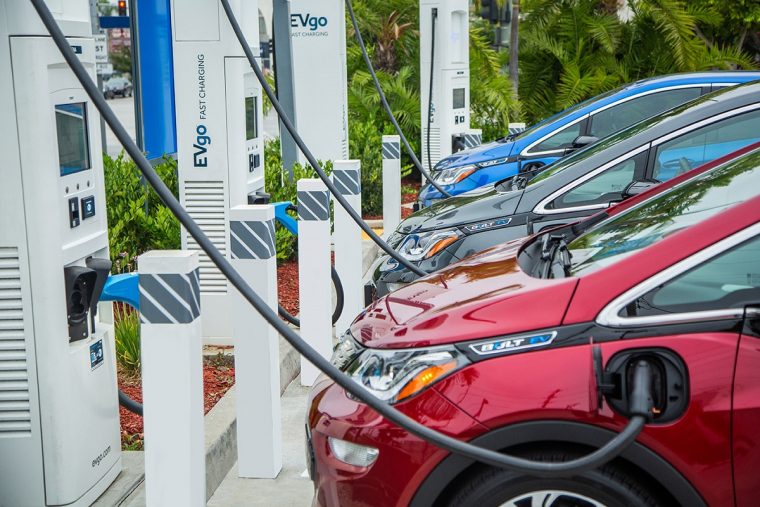Americans Want More From EVs Than They Did Pre-COVID, Says J.D. Power
The pandemic has definitely triggered some interesting trends in vehicle usage here in America. More people are working from home than before COVID-19, which is reducing the number of miles people drive for commutes. For those who do go to work, many of them are ditching public transit in favor of driving their personal vehicle to the office, per the CDC’s recommendation.
Now, it seems that the pandemic has also influenced Americans’ views toward zero-emission cars. For instance, a recent J.D. Power study indicates that U.S. consumers have higher expectations for electric vehicles.
Go Green: Find a new Chevy Bolt EV to bring home
EV range and charging times
J.D. Power’s 2020 Q3 Mobility Confidence Index Study had some interesting results. Based on a 100-point scale, the survey indicated that the majority of survey participants — 78 percent — expected EVs to have a 300-mile or more range. That’s 3 percent more than Q3 2019’s results for this category.
In addition, 45 percent of respondents expressed more impatience with long charge times. Compared to last year’s Q3 survey results, 4 more percent of respondents said they expect to wait 15 minutes or less to re-power their EV’s battery with 200 miles of range.
A mix of ignorance and hesitancy toward EVs
Though this study demonstrates that Americans are quite opinionated about EV features like range and charging times, it also found that U.S. consumers lack experience when it comes to battery-electric vehicles.
Per J.D. Power, 69 percent of U.S. respondents admitted that they’ve never even sat inside of an EV, and 62 percent of this group said they have no or low likelihood of leasing or purchasing an EV. The study also found that 31 percent of American participants claimed personal ignorance about these models.
In conclusion, it seems that the industry still has a ways to go when it comes to educating Americans about EVs and helping them feel more confident in these vehicles. Hopefully, climate change concerns and the increase in international legislation to curb emissions are two factors that will encourage U.S. consumers to adopt EV technology as automakers continue to improve EV range and charge times.
Jumpstart Your Purchase: Estimate your trade-in’s value here

Whitney Russell resides in Dayton, though her spirit can be found beach-bumming in Puerto Rico (the land of her half-Puerto Rican heritage). When not crafting car-related content, she can be found chasing after the most amazing toddler in the world, watching her “beaver” of a husband build amazing woodworking projects, hanging out with two crazy dogs, and visiting family and friends. She also enjoys traveling, crafting, and binge-watching period dramas when time allows. See more articles by Whitney.



